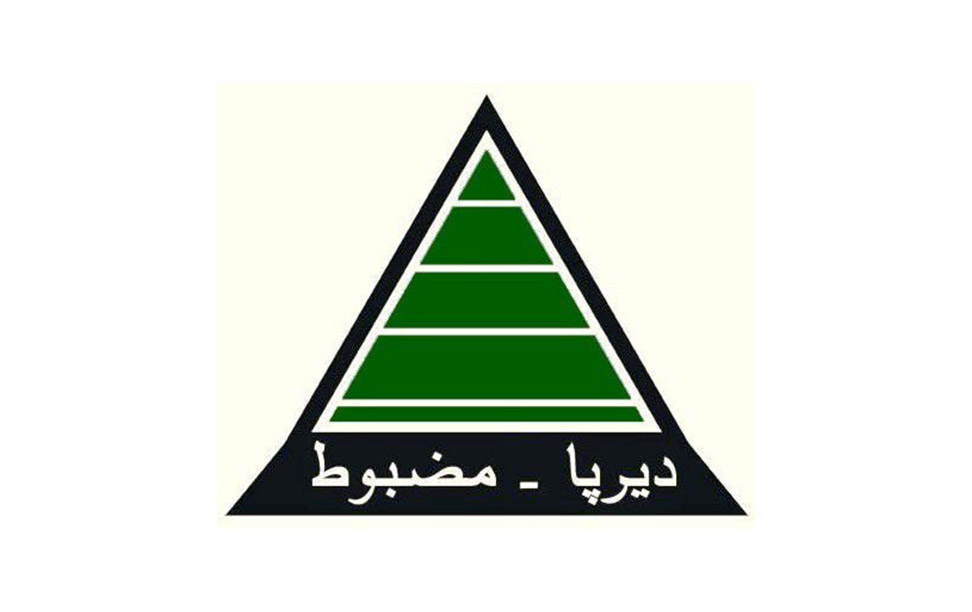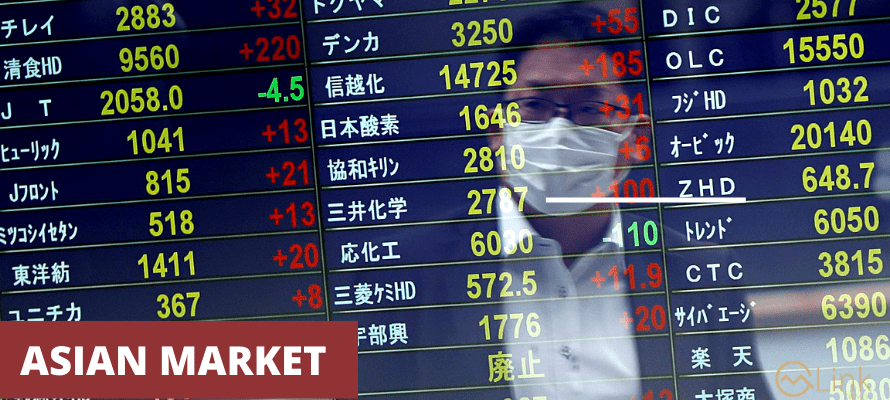June 25, 2023 (MLN): As Pakistan grapples with a numbed economy, the economic managers appear to be obsessed with short-term solutions rather than addressing the underlying administrative issues.
While steroids are being injected into the economy to provide momentary relief, the root cause of their ineffectiveness remains unattended.
One of the grave issues contributing to this economic malaise is the widespread availability of banned imported goods on the shelves of supermarkets and social media platforms, perpetuated by Pakistani distributors.
Painting Over the Cracks:
In an attempt to avert a balance of payment crisis, given that the foreign exchange reserves held by the bank have shrunk and are barely sufficient to cover a month of controlled imports, the government has been imposing an import ban on luxury products and non-essential raw materials.
As a result, the current account has turned into a surplus, with May 2023 marking the third consecutive month of surplus worth $255 million in the midst of a struggling economy.
However, this myopic approach also neglects the adverse impact on essential industrial raw materials such as auto parts and machinery, resulting in an economic slowdown.
While luxury items are effectively available for those willing to pay extra bucks, the real issue lies in the misuse of Pakistan's foreign currency for non-essential imports, facilitated through under-invoicing and the complicity of courier companies.
The Complex Nexus:
It is a well-known fact that importers alter invoices in other countries before goods reach Pakistan. When asked, they often cite complex duty structures as a justification for their underhanded practices.
By altering invoices in other countries before goods reach Pakistan, major importers evade taxes and deprive the country of its rightful revenue.
The government should slash these duties that hinder transparency from the importers' side. After the removal of these duties, if any importers are found guilty, they must be put behind bars.
Exporting Deception:
The malpractices extend beyond imports, with exporters also engaging in fraudulent practices by underreporting the value of goods.
It is common to blame politicians and the establishment, but the business community of Pakistan bears equal responsibility.
For instance, most of exporters prefer to hide the true value of their shipments, taking advantage of the absence of any authority that can access or verify the actual value. To illustrate this point, one can consider the export of fruit items as a litmus test.
It is important to note that despite extending full support to exporters by offering discounted tariffs and facilitating discounted facilities from banks, exporters hold onto their dollar receipts when Pakistan is in dire need of them.
The policy to give exporters a 180-day time period to bring export receipts to Pakistan should be reconsidered as it encourages exporters to hold onto their proceeds.
The government should design a mechanism that forces exporters to bring their receipts to the country as soon as possible, in order to smoothen the flow of dollars in the interbank market.
Remittances Under Threat:
The payment for banned imported items is usually made through illicit channels such as Hawala/Hundi, which significantly impacts Pakistan's remittances as people prefer to arrange payments through relatives residing outside the country.
This practice also encourages the involvement of illicit actors in Hawala/Hundi operations, leading to the growth of the grey market for dollars in Pakistan.
Afghani Touch:
Pakistan imports coal from Afghanistan in Pakistani rupees, but unfortunately, they demand payment in dollars.
Consequently, some unscrupulous individuals involved in currency transactions arrange dollars from the grey market to fulfill their requirements
In June 2022, Prime Minister Shehbaz Sharif approved the import of high-quality coal from Afghanistan in rupees to save the country's foreign exchange. However, sources familiar with the matter state that Afghan exporters do not accept rupees.
Approximately $1 billion is the export value, while a similar amount is being smuggled out of Pakistan daily, with around 15,000 people traveling to Afghanistan.
Poor quality of domestic products and No price labeling:
The import ban in Pakistan has led to a decline in the quality of domestically produced goods, coupled with increased prices due to surging demand. Retailers, taking advantage of rampant inflation, conveniently avoid labeling prices on product packets.
They manipulate the prices of other items under the pretext of rising petrol prices, maximizing their profits. Conversely, when petrol prices drop, they fail to pass on the benefits to consumers by reducing prices.
These deceptive practices highlight the urgent need for the government to implement stringent quality assurance measures and effective price controls.
To address this, the government must prioritize overhauling administrative systems and strengthening regulatory bodies for transparency and accountability in the retail sector.
A comprehensive and long-term approach is essential to tackle the underlying causes and strengthen the country's economic structure.
Copyright Mettis Link News
Posted on: 2023-06-25T08:35:24+05:00







